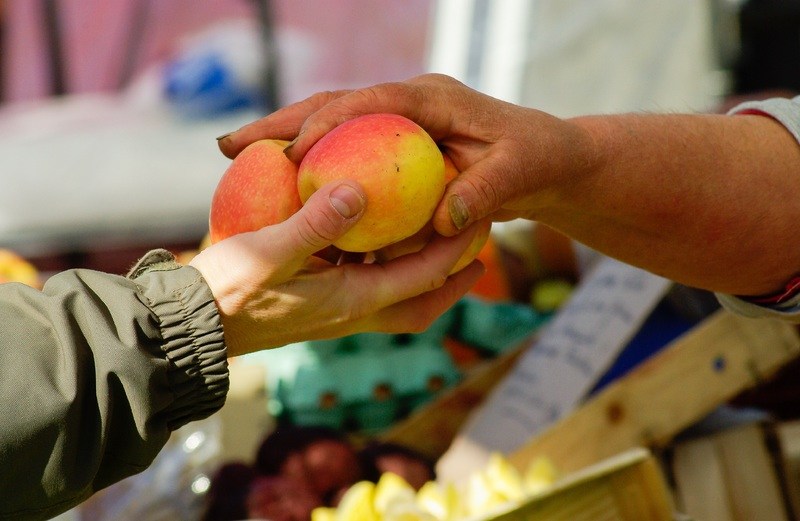Farmers who take their products to markets or special farm stores are noticing a decline in sales as customers turn to the supermarket in light of price hikes for most goods.
Markets and other specialty shops in the short-chain for agricultural products saw a boom during the pandemic, when many people opted for locally-sourced produce in their diets.
But now that purchasing power has decreased amid a rise in global commodity prices and energy costs, families are returning to traditional grocery stores to save money.
“It's a pity to see that unhealthy food remains particularly cheap. This tempts people to buy more fat- and sugar-rich, refined products,” Monique De Dobbeleer told the Flemish Infocentre for Agriculture and Horticulture (VILT).
Related News
- Meat may become too expensive to serve in restaurants
- Grocery shopping 6% more expensive compared to last year
- From Monday to Sunday: A Brussels food market for every day of the week
“Yet more than half of the population is overweight and obesity is reaching epidemic proportions. Welfare diseases cost many lives and healthy years of life. They are a ticking time bomb under our health system.”
De Dobbeleer is the director of the Short Chain Support Centre, and is calling for policy measures to protect farmers who take their goods to such markets: “After all, farm shops are important pillars in a healthy food strategy.”
Buying from producers
The short chain has been on the rise in Flanders in particular for some time, according to VILT, with peak sales and turnover reached in 2020 as a result of the health crisis. An estimated 3,000 companies or 15% of farmers are involved in short-chain sales.
“The consumer found a super fresh and varied range of vegetables, fruit and potatoes and a wide range of artisanal dairy products and meat products. And the personal story of the farmer was also appealing,” explained De Dobbeleer.
But with inflation rising and a host of other financial concerns facing the average Belgian family, the Short Chain Support Centre has noticed that the sales of many farm shops are coming under pressure.
Consumers are cutting back on local food in order to get the lowest price possible for groceries, with the average Flemish resident spending 12.5 to 15% of their income on food.
“The war in Ukraine exposes the strategic importance of local food production,” said De Dobbeleer, adding food security as a reason to support farmers’ markets in addition to the health benefits.
“Too much dependence on other countries or international players weakens our autonomy and resilience.”

